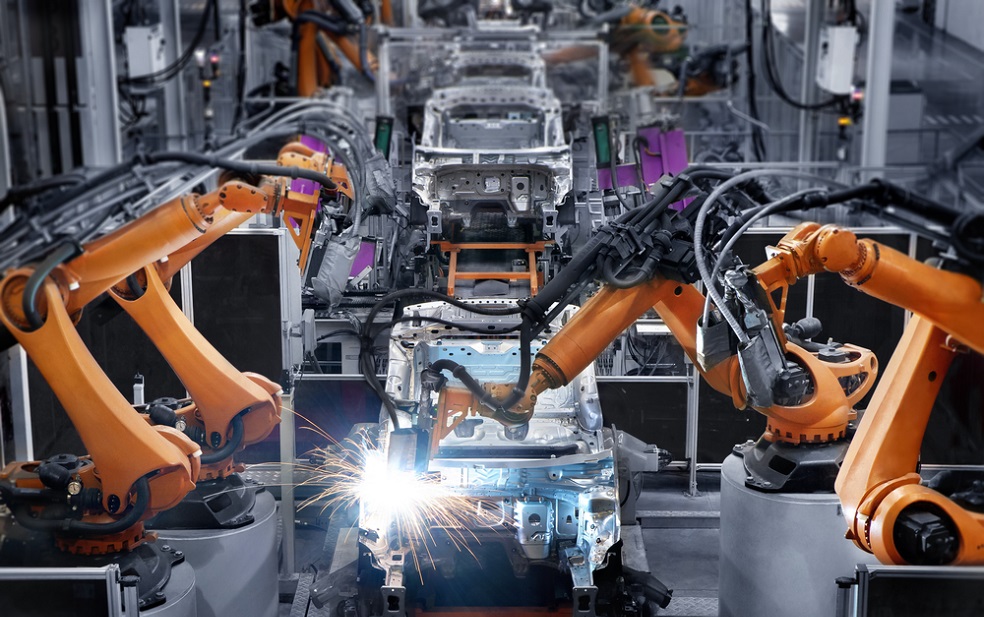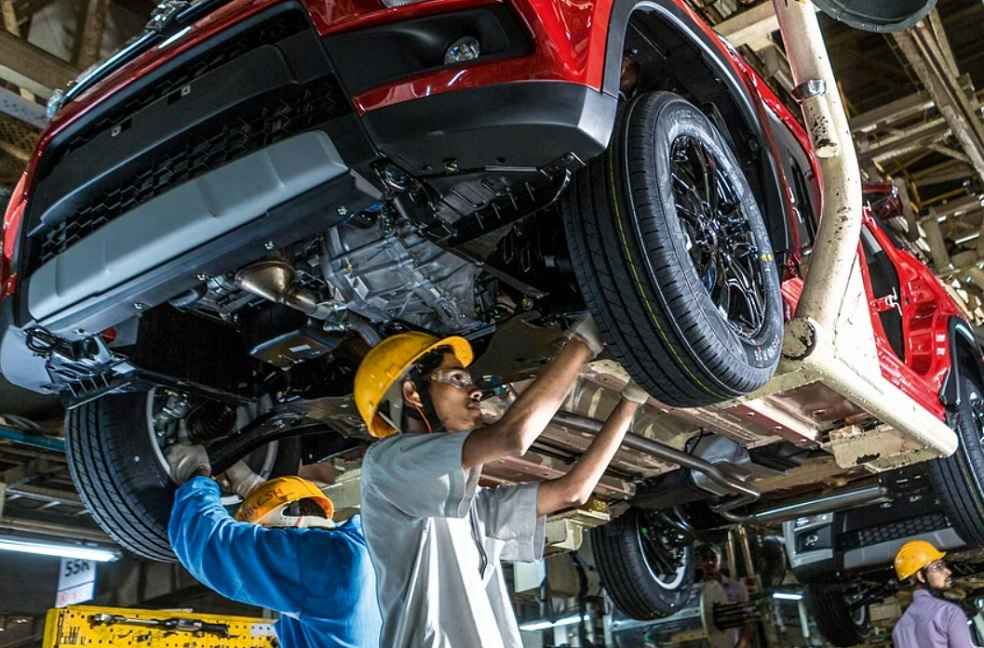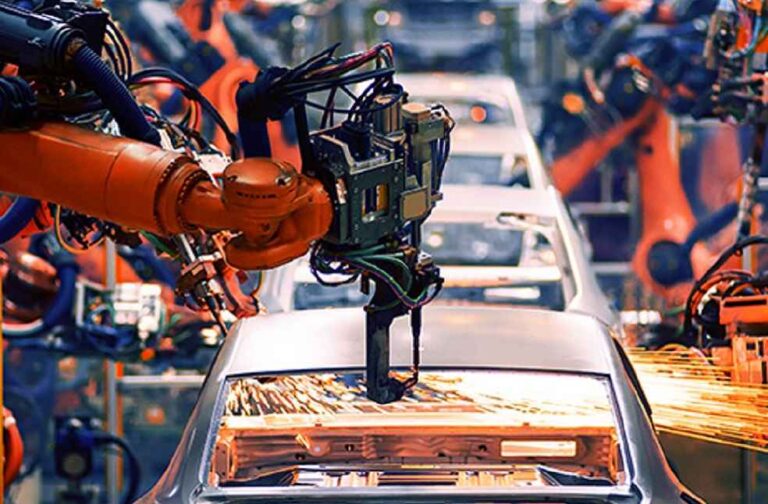The Indian automotive industry is undergoing significant changes, with several key trends shaping its future, according to a report by evo India. The report highlights five trends as the most significant, including the growing adoption of electric vehicles (EVs), increased technology integration, rising localization, a focus on after-sales services, and growing demand for premium vehicles.
The Indian government has set a target of having 30% of all vehicles on the road to be electric by 2030, and has been providing incentives for the adoption of EVs. Automakers are also increasingly integrating new technologies, such as advanced driver assistance systems (ADAS) and connected car technologies, into their vehicles, with the aim of improving the driving experience and making vehicles safer and more environmentally friendly.
 Localization of operations, including the manufacture of components and assembly of vehicles, is increasing in order to reduce costs and improve competitiveness. This is expected to drive the growth of the Indian automotive industry, create jobs, and boost the local economy. Automakers are also putting more emphasis on after-sales services, such as maintenance and repairs, to improve customer satisfaction and retain customers.
Localization of operations, including the manufacture of components and assembly of vehicles, is increasing in order to reduce costs and improve competitiveness. This is expected to drive the growth of the Indian automotive industry, create jobs, and boost the local economy. Automakers are also putting more emphasis on after-sales services, such as maintenance and repairs, to improve customer satisfaction and retain customers.
The demand for premium vehicles is growing in India, driven by the increasing purchasing power of consumers and the desire for luxury and advanced features. Automakers are launching premium vehicles in the country to meet this growing demand.
 These trends are supported by other reports, including a study by Frost & Sullivan, which predicts that the Indian EV market is expected to grow significantly, with sales reaching over 1 million units by 2025. The Society of Indian Automobile Manufacturers (SIAM) highlights the importance of technology integration, and the Confederation of Indian Industry (CII) emphasizes the importance of localization.
These trends are supported by other reports, including a study by Frost & Sullivan, which predicts that the Indian EV market is expected to grow significantly, with sales reaching over 1 million units by 2025. The Society of Indian Automobile Manufacturers (SIAM) highlights the importance of technology integration, and the Confederation of Indian Industry (CII) emphasizes the importance of localization.
In conclusion, these trends are expected to play a significant role in shaping the future of the Indian automotive industry, as the country continues to be an important player in the global automotive market. The growing adoption of EVs, increased technology integration, and rising localization are among the key developments expected to drive the growth of the industry in the coming years.





